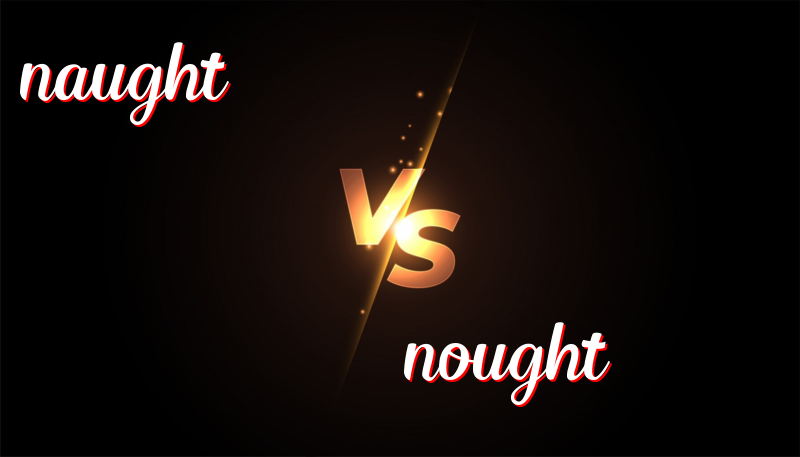Understanding Naught and Nought: When to Use Each Word
Difference Between “Naught” and “Nought”
History of the Words
The words “naught” and “nought” both come from old English. They used to mean “nothing.” Over time, they became a bit different in how we use them today.
How to Use “Naught”
The word “naught” today is mostly used in a poetic or old-fashioned way. It means “nothing” or “zero.” It’s not used a lot in every day talking.
- The plan came to naught because of the rain.
- All his hard work was for naught.
- Their efforts were in vain, all for naught.
- The promise meant naught to her after the betrayal.
- The money was stolen, so it came to naught.
How to Use “Nought”
The word “nought” is often used in the UK as a way to say the number zero, especially in math or counting. In the US, people usually say “zero” instead.
- The score was nought to ten.
- He dialed nought, one, two, three on the phone.
- The temperature dropped to nought degrees.
- In math class, we learned about numbers starting from nought.
- The clock struck nought at midnight.
Trick to Remember the Difference
To remember the difference, think of “Naught” as something coming to “nothing” or being pointless. “Nought” is more about numbers and counting, like “zero.”
Summary
In short, use “naught” for situations where something becomes “nothing” or doesn’t matter. Use “nought” when you are talking about the number zero, especially in math or counting.

Leave a Reply
You must be logged in to post a comment.